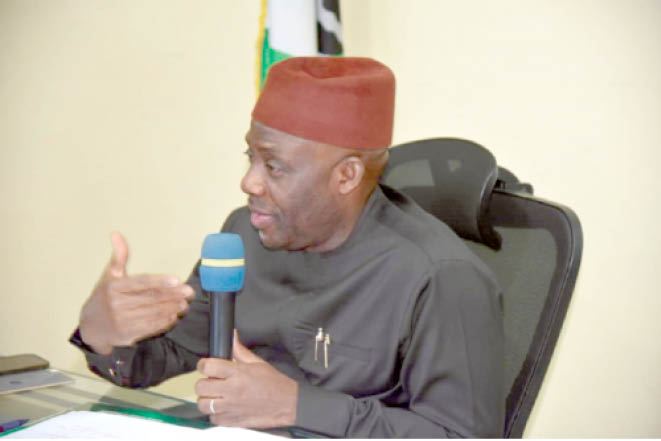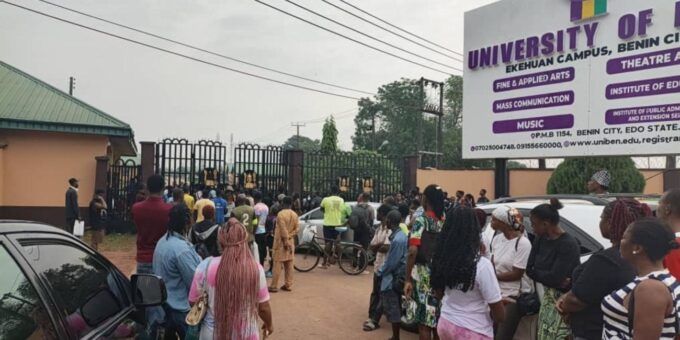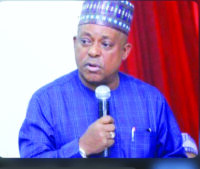The Federal Government has declared a seven-year freeze on the creation of new federal universities, polytechnics, and colleges of education, warning that the uncontrolled spread of under-enrolled institutions is draining resources and undermining academic standards.
The decision, approved on Wednesday at the Federal Executive Council meeting presided over by President Bola Tinubu, followed a presentation by the Minister of Education, Dr. Tunji Alausa.
Alausa said the moratorium is aimed at halting what he described as “wasteful duplication” in Nigeria’s tertiary education system, where several federal universities operate at less than 20 per cent of their capacity while many polytechnics and colleges of education attract almost no applicants.
“Some universities have fewer than 2,000 students, and in one case, a northern university has 1,200 staff serving less than 800 students. This is an unsustainable use of government resources,” the minister said.
He revealed that in the last Joint Admissions and Matriculation Board exercise, 199 universities recorded fewer than 100 applicants, with 34 getting zero applications.
Of the country’s 295 polytechnics, many had fewer than 99 applicants, while 64 of the 219 colleges of education failed to attract any applications at all.
Alausa warned that the proliferation of poorly subscribed institutions risked producing ill-trained graduates, lowering the global perception of Nigerian degrees, and worsening the unemployment crisis.
The minister said the pause would allow the government to channel funds into upgrading existing institutions with better facilities, more qualified lecturers, and improved capacity.
Nigeria currently has 72 federal universities, 42 federal polytechnics, and 28 federal colleges of education, in addition to hundreds of state-owned and private institutions.
Despite the freeze, FEC on Wednesday approved nine new universities, which Alausa clarified were private institutions whose applications had been pending for up to six years and had passed rigorous National Universities Commission screening.
“When we came in, there were 551 pending applications for private universities. Over 350 dormant ones were deactivated, and only nine of the 79 active applications met the new standards,” he explained.
The moratorium also applies to new private polytechnics and colleges of education. Alausa described the policy as a “reset button” for Nigeria’s higher education sector, adding, “President Tinubu believes in quality education and has given us the mandate to make our degrees globally competitive.”
Do you want to share a story with us? Do you want to advertise with us? Do you need publicity for a product, service, or event? Contact us on WhatsApp +2348183319097 Email: platformtimes@gmail.com
We are committed to impactful investigative journalism for human interest and social justice. Your donation will help us tell more stories. Kindly donate any amount HERE




















Leave a comment